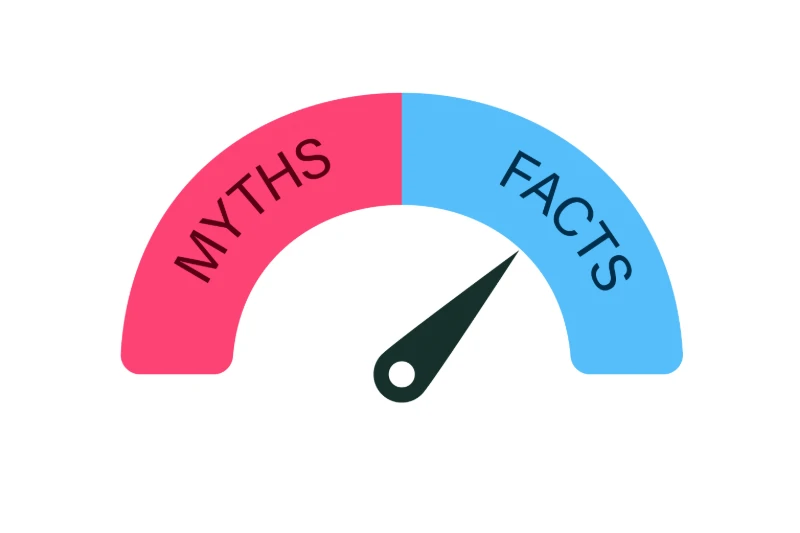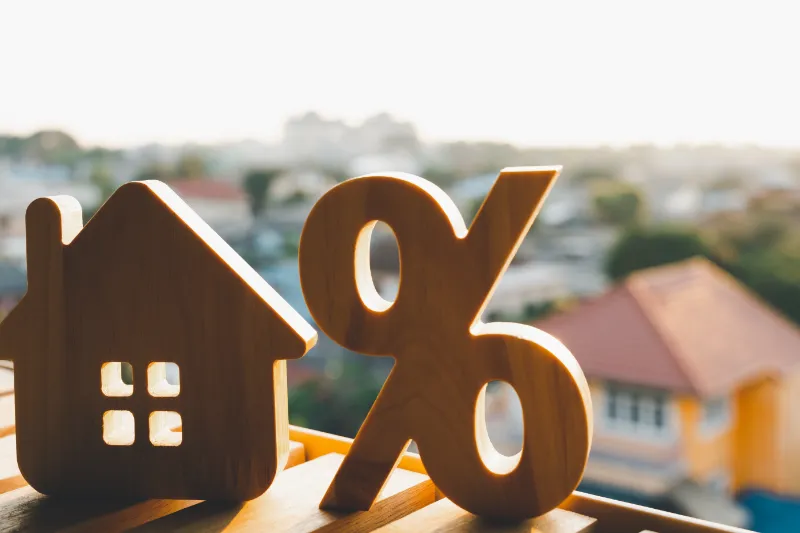When it comes to getting a mortgage, there’s no shortage of misinformation. Many homebuyers, especially…
What Happens if My Credit Changes Before Closing?
Mortgage lenders check your credit score once at the beginning of the approval process and again just before closing. If the second credit check returns the same as the first, the closing should proceed as scheduled.
However, the second credit check reveals a lower score or raises any concerns. In that case, the lender may have to return your application to the underwriter for a second review, which could delay the closing process. Additionally, significant concerns raised by a change in your credit score can result in losing the loan. Therefore, keeping your credit the same during the application process is crucial.
Several actions may harm your credit before closing, for instance, being late on a payment, going to collections, getting a new loan or line of credit, shutting down an existing loan or line of credit, making large purchases (especially on credit cards), opening a new credit card account, closing an existing credit card account, or taking out a personal loan.
Suppose your credit score was already low during the first credit check. In that case, keeping your credit manageable before closing is essential.
Mortgage lenders analyze your credit score to assess the risks and uncertainties that could prevent you from paying your bills. Sudden changes can mean significant red flags that harm your eligibility for a home loan.
In conclusion, keeping your finances stable throughout the closing process is crucial. Any changes in income, debt, or spending habits can negatively affect the closing process and might become a hurdle between you and your dream home.





